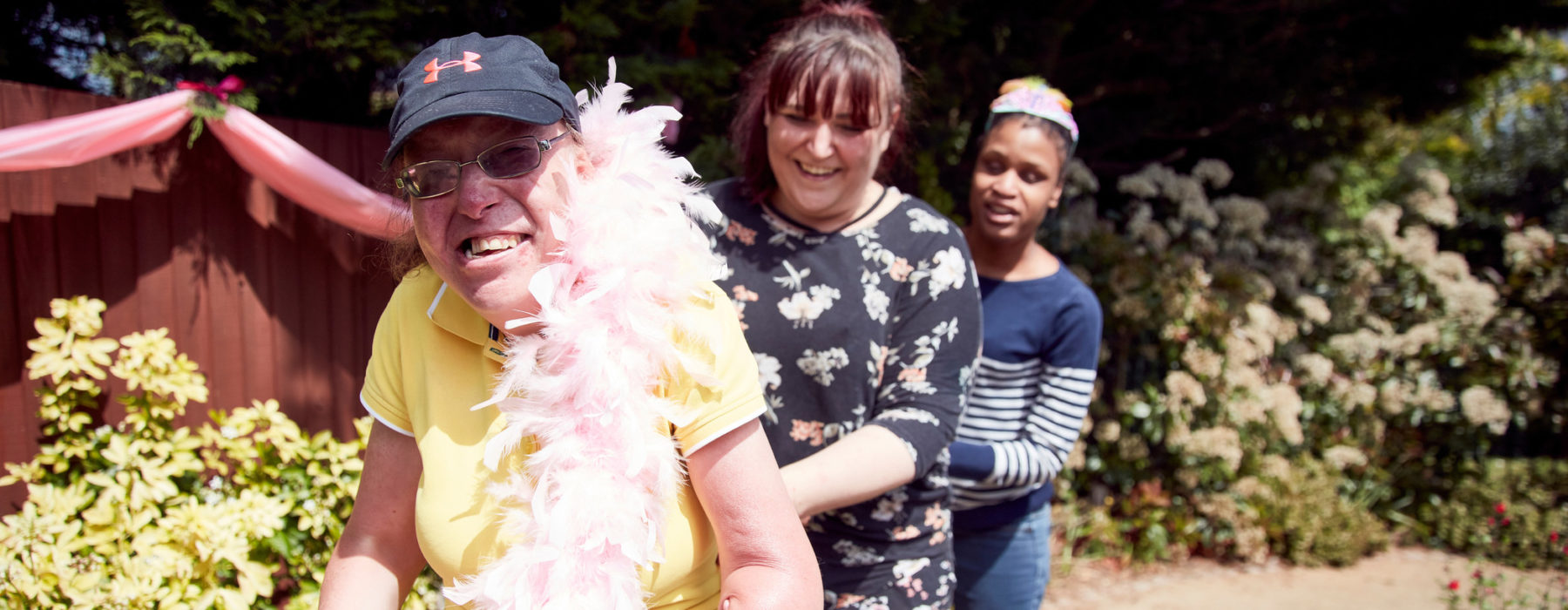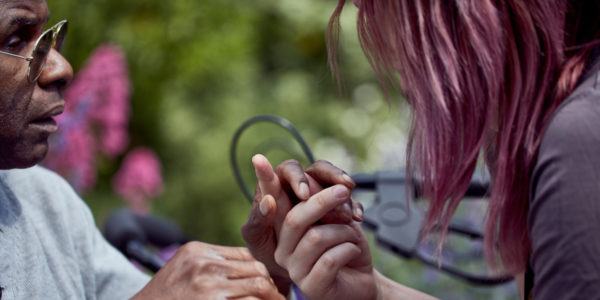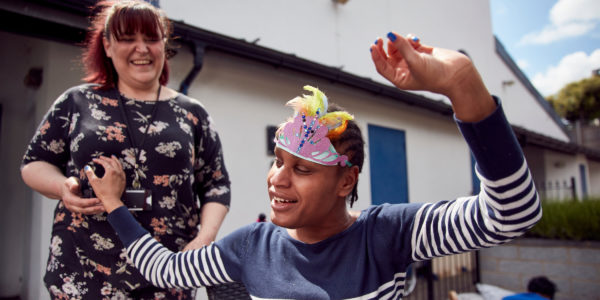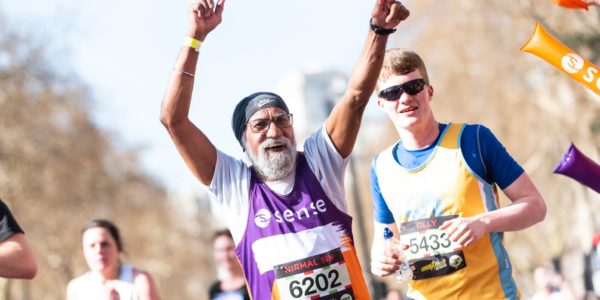The Sense story
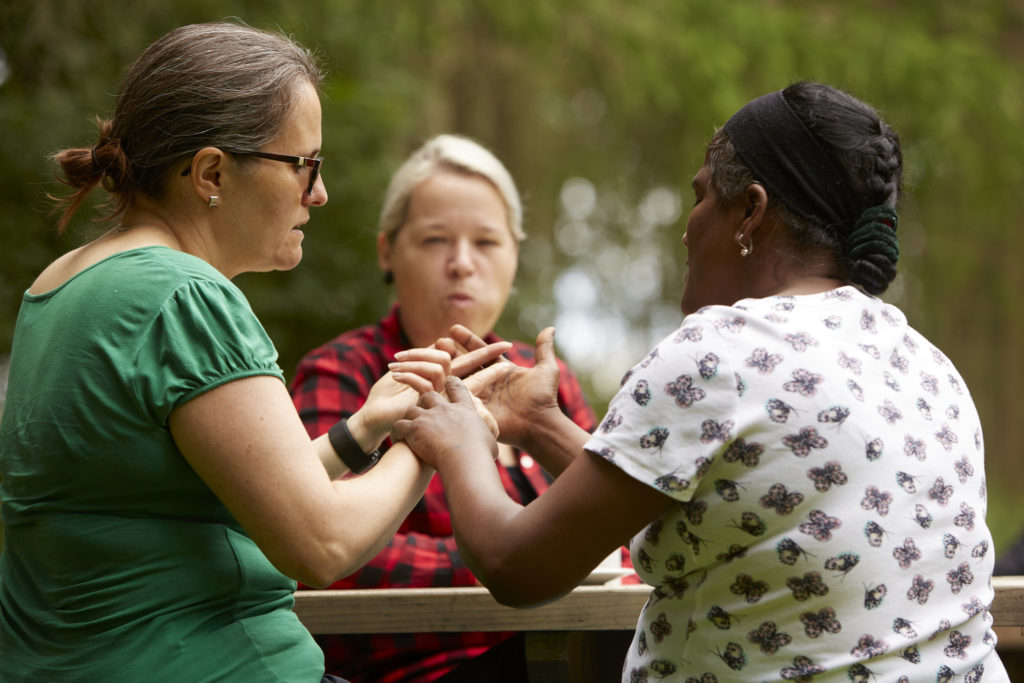
Like many good stories, this one starts with two friends.
68 years ago, Peggy and Margaret were expecting mothers. Then, they contracted rubella. Their doctors assured them their babies would face no complications, but both children were born deafblind.
No one was able to help their children to communicate, learn and develop. Peggy and Margaret were worried that their children would be isolated and unable to enjoy rich and fulfilled lives.
With no support out there, they decided to take matters into their own hands.
A community of families that grew
They started to connect with other families in similar situations. They called themselves The Rubella Group. Together, their children started learning how to connect all their senses, and they began to communicate and find friendships with others.
More families joined the group. Soon, more and more people were asking for help with other conditions and complex disabilities. The group realised they had developed the skills to help these families, too.
So, they hired a team and began offering new services, such as residential accommodation, community centres, arts, sports and wellbeing programmes – and more. And as we grew, we realised we needed a name that reflected all the work we do – so we became Sense.
Sense today
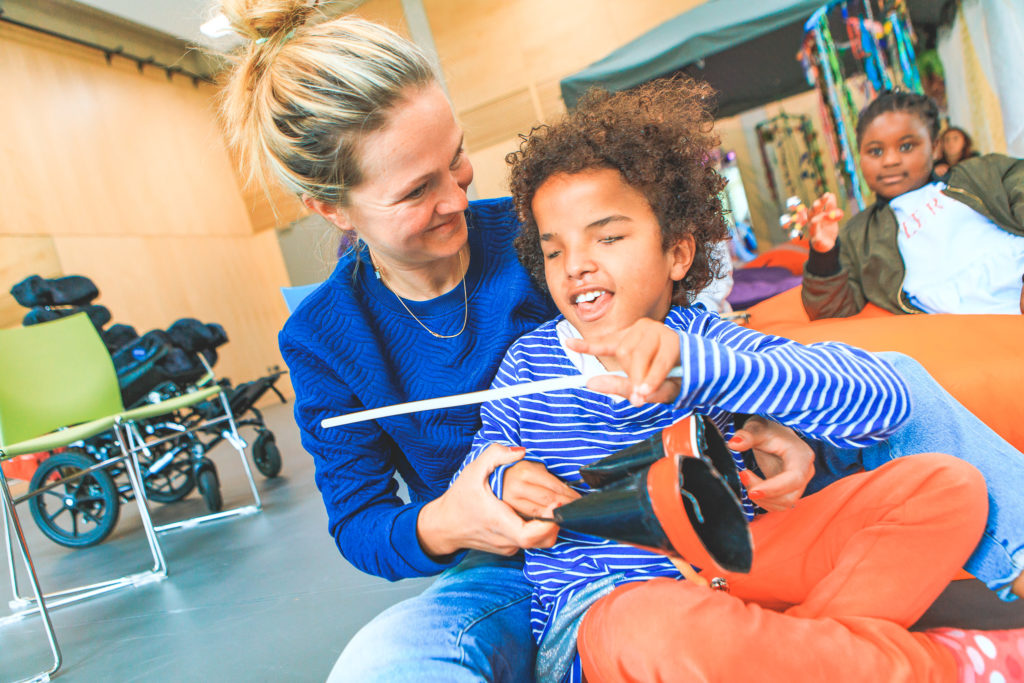
Our name may have changed, but the heart of what we do has always been the same: helping people take part in life.
Today, we support 30,000 adults and children who are deafblind or have complex disabilities; parents; carers; and their siblings. We have a team of over 2,500 staff, an annual turnover of £78m and we support people in 8 countries around the world through our sister charity, Sense International. On top of that, we campaign for the rights of deafblind and disabled people – with major successes including the UK Government’s 1989 recognition of deafblindness.
We provide personalised services for children and adults and we offer expert advice to families and carers. We also help people struggling with social isolation and loneliness through our programmes such as Buddying and Virtual Buddying.
But there’s still so much more to do. We have an ambitious plan to increase our impact and grow our community for the future. Our vision is a world in which no one is isolated, left out, or unable to fulfil their potential.

